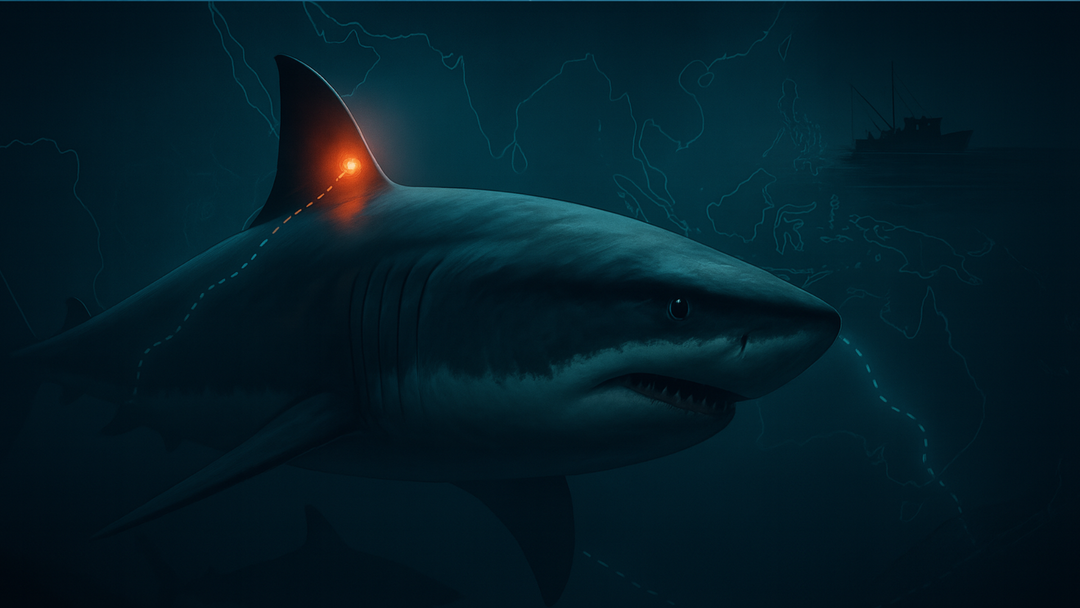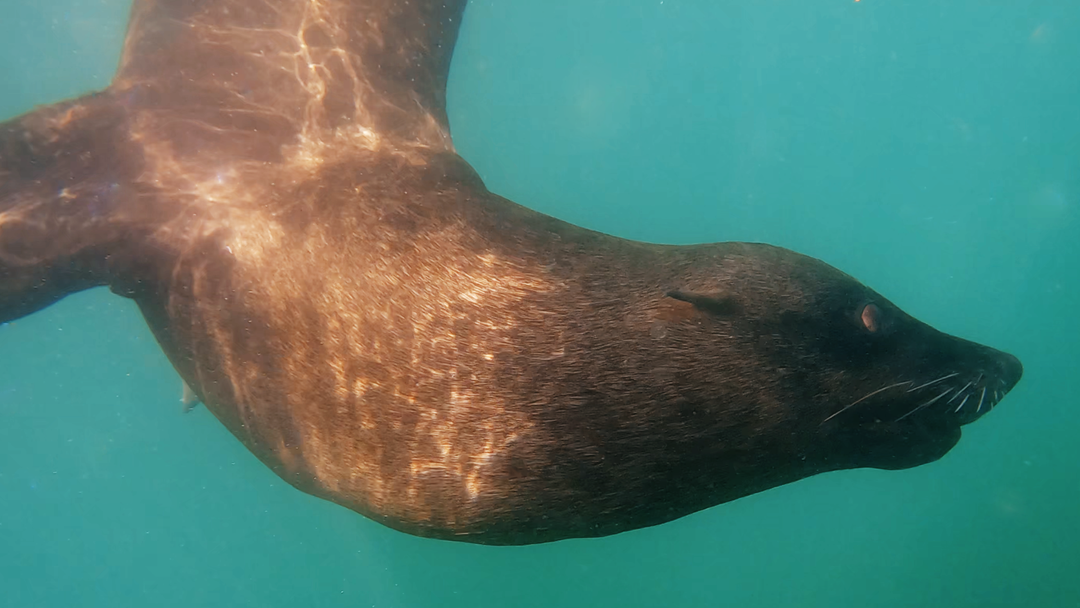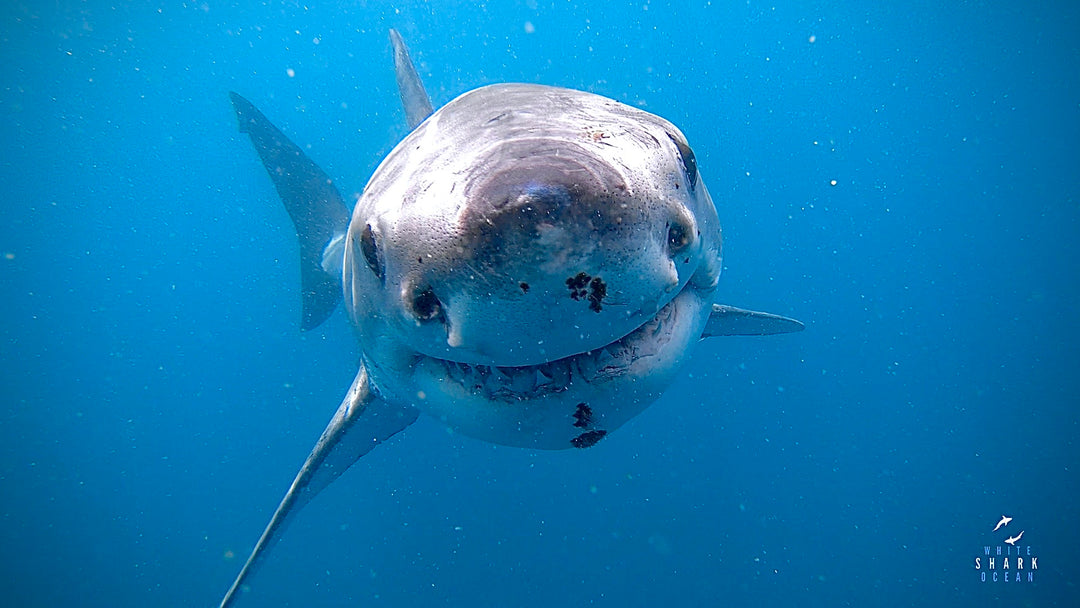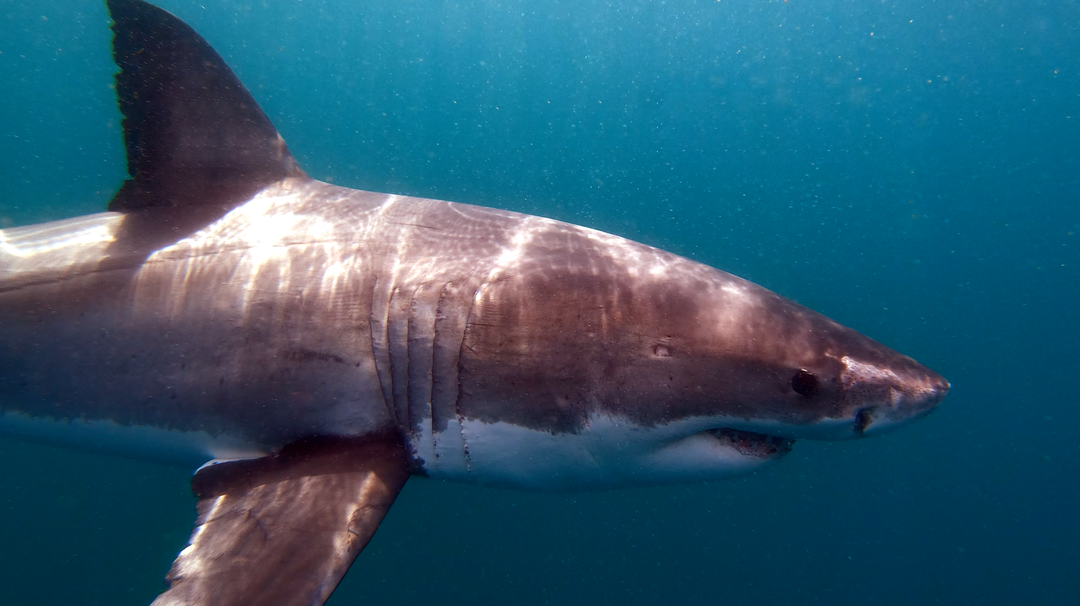Do Great White Sharks Sleep?

Introduction:
Beneath the ocean's surface, in the mysterious world of the Great White Shark lies an enigma within the marine world. These awe-inspiring apex predators command respect and fascination. Among the many questions about them, one that often arises is whether they sleep. Unlike land-dwelling mammals, great white sharks lack eyelids, rendering the traditional concept of slumber impossible. Yet, recent research has unraveled intriguing insights into the slumbering habits of these ocean giants.
Swimming for Survival: The Ram Ventilation Conundrum:
To unravel the great white's sleeping habits, we must first understand their unique respiratory system. These creatures employ a process known as "ram ventilation," where they swim ceaselessly to push water through their mouths and over their gills, extracting vital oxygen for survival. Some scientists argue that due to this reliance on continuous movement, great white sharks cannot truly experience sleep.
However, this perspective is challenged by observations of other shark species capable of switching between ram ventilation and buccal pumping (pumping water over their gills while stationary) to breathe. Such adaptability suggests that certain sharks might indeed find moments of reprieve.
Catnaps on the Go: Synchronised Swimming Insights:
When great white sharks do take a break, it seems they prefer to do so on the move. Researchers have noted instances of these predators engaging in "synchronised swimming." In this intriguing behaviour, they swim alongside their counterparts, maintaining a consistent speed and direction. This phenomenon implies that they might be grabbing some much-needed rest while navigating the ocean's depths.
Unveiling the Astonishing: A Slumbering Great White:
In a remarkable breakthrough, marine biologists in 2016 unveiled the world's first recorded instance of a sleeping great white shark. This revelation provided an unprecedented glimpse into the behaviour and physiology of these oceanic behemoths.
The Significance of Sleep for Great White Sharks:
Sleep, a universal requirement for all animals, holds a unique significance for great white sharks. It serves as a crucial component in maintaining their health, allowing their bodies to regenerate and repair. For these oceanic predators, sleep plays an essential role in preserving their razor-sharp senses and finely-tuned hunting instincts.
Conservation and Future Inquiries:
The discovery of a sleeping great white shark has ushered in a new era of research and conservation. By deciphering the sleeping patterns and behaviours of these apex predators, scientists can develop more effective strategies for safeguarding both the sharks and their habitats. With growing threats such as overfishing, habitat degradation, and climate change, such research becomes increasingly pivotal.
A Fresh Perspective on Understanding Great White Sharks:
The documentation of a slumbering great white shark, a milestone in marine biology, heralds a new chapter in our understanding of these magnificent creatures. This breakthrough invites further exploration into their behaviour, physiology, and conservation. By delving into the secrets of great white shark sleep, scientists embark on a journey toward ensuring the continued survival and prosperity of this iconic species.

















Leave a comment